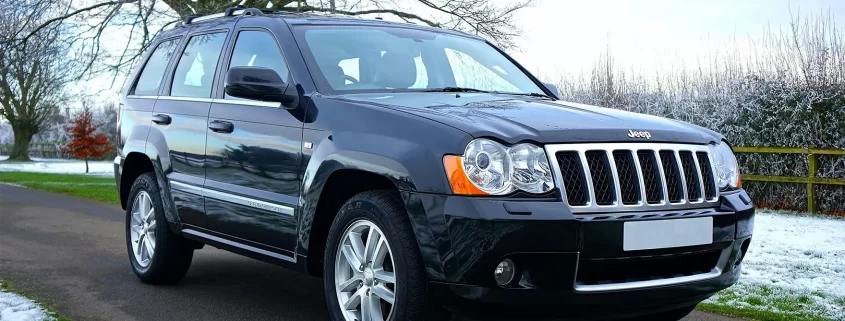Peer-to-Peer Carsharing: A Sunday Drive or a Nightmare Ride?
Not all side hustles are created equally, but they all come with serious considerations. Of course, the first consideration for most is financial. After all, the whole point is to supplement your income. The upside must be worth the investment of time and capital, if any, as well as the relevant risks. Even if all you are doing is selling homemade peanut brittle to people you know, there is a risk. What happens if your product makes someone seriously ill or even worse? Risk assessment must be part of that initial analysis, and the side hustle trends seem to get riskier every day.
Just like that mountain cabin or that spare room, many have turned to peer-to-peer car rental services to make an extra buck. These services function much the same as their property rental cousins. Vehicle owners rent their vehicles to other drivers through an app like Getaround or Turo, and the rate is typically hourly. Renters might need the car only for part of the day to run errands or make a special trip to a location devoid of access to public transportation. It seems like a great idea to make money with a car that would have sat unused while helping someone in the process. However, there are many unfortunate places where this type of arrangement could lead.
The two main concerns are damage to property and injury to individuals. When you drive your car, you rely on your insurance coverage to protect against those risks, but that coverage as written could prove worthless in a peer-to-peer car rental scenario. The Pennsylvania legislature has recognized this issue and has passed Senate bill 1222 as a result. This bill, as amended, requires carsharing companies to provide additional insurance to fill the gap when a vehicle owner’s policy excludes the peer-to-peer rental from coverage. The problem is that the coverage provided by the carsharing company might be much less than the vehicle owner enjoys under his or her own policy, meaning that an accident still could pose an unreasonable risk when compared with the relatively meager income gained from this enterprise.
When we think about lending someone a car, we might think that damage to the car is the big risk, but a dented fender or a cracked windshield really sits on the conservative side of the damage spectrum. The truth is that damage to the car might be the least significant risk you take when lending your wheels to someone else. Consider that any motor vehicle accident could result in significant damage to another’s property or the death of anyone involved. The potential litigation could be something much more than most would envision ever encountering. This is why it is important to understand fully the risks involved in these trendy ventures before handing over those keys.
Whether you are considering starting this kind of side business or any side business, or whether you already started and are in need of legal assistance, the attorneys at Cornerstone Law can help. Call us for a consultation today.



